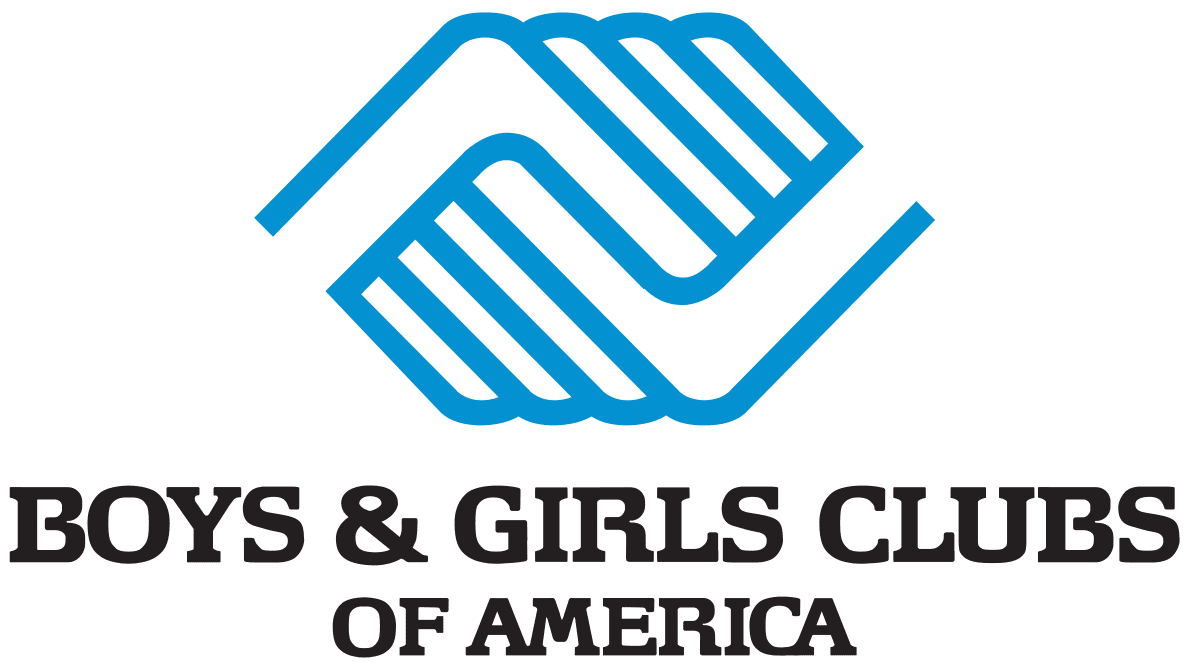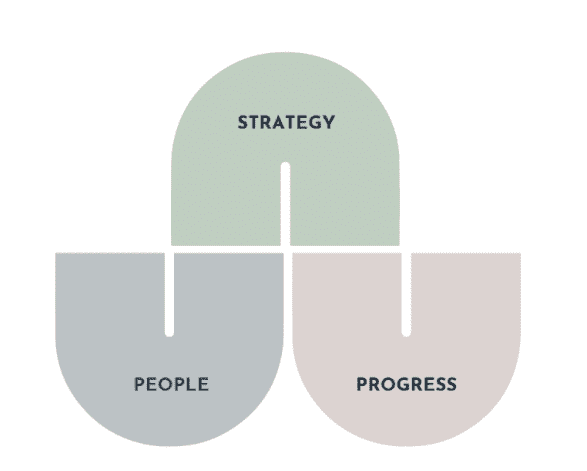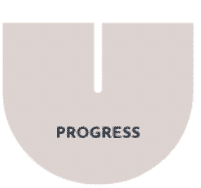Case Study

Find Out…
How Boys & Girls Clubs of America partnered with Prosper Strategies to evaluate their messaging and evolve toward a more strength-based, equity-centered approach to communications.

The Challenge
When Boys & Girls Clubs of America began its relationship with Prosper Strategies, the organization was at the forefront of a positive shift in nonprofit communications, away from stereotype-based language toward strength-based communications.
While stereotype-based communication has historically been effective for nonprofits, particularly in fundraising, Boys & Girls Clubs of America’s leadership recognized it was ultimately counterproductive (and counter to their mission) to use language that perpetuated stereotypes about the youth and communities they work with. They did not want to define youth by the challenges they faced, but rather their potential. This could be achieved by shifting language to align with positive youth development and their approach to trauma-informed care. They also recognized the powerful role communications could play in their commitment to diversity, equity and inclusion. The organization was ready to lead in this important work, but they needed strategic support to make this intentional shift in their messaging, fundraising and communications.
Prosper Strategies used the Nonprofit Strategy System™ and our Shared Power Strategy™ philosophy to help Boys & Girls Clubs of America better understand their current approach to strength-based communications, develop their own guide to strength-based communication, and then train their staff at both a national and local level on the organization’s new strength-based approach.

People
The development of a strength-based communication guide is never a prescriptive process, and no two organizations have guides that include exactly the same guidance or preferences.
Rather than simply guiding organizations on the “right way” to use strength-based communication, true to our Shared Power Strategy™ philosophy, we always engage a diverse range of internal (and often external) stakeholders in the process. Their voices lead the way in developing a guide that is completely tailored to the unique needs and culture of the organization.
To begin our process with Boys & Girls Clubs of America, we had extensive conversations with their leaders about the organization’s mission, culture and approach to change management as they related to the future goal of evolving toward a more strength-based approach to communication. With these insights, we worked with them to co-create a project timeline that ensured diverse stakeholders were involved at each phase of our work together. Stakeholders were involved in the following ways:
- Collaboration with the DEI Communications Sub-Group: before they engaged Prosper Strategies, Boys & Girls Clubs of America had already convened a DEI working group, including a sub-group focused on evaluating how communications can contribute to the organization’s race equity goals. Members of this group shared insights with us as we developed the strength-based communication guide.
- Listening sessions with staff: we also sought collaboration and feedback from more than 40 members of Boys & Girls Clubs of America’s national staff who were invited to participate in listening sessions where we introduced the strength-based communication guide and invited their perspectives, feedback and questions. Participants had the chance to provide feedback prior to the session via a web form, or during the session via video chat. Staff were selected for participation by leadership based on their expertise and role within the organization.
The feedback and insights we received during these sessions directly informed the guide, and ensured it was based not just on best practices, but also on the perspectives of Boys & Girls Clubs of America’s staff and stakeholders.

Strategy
Before we began the strength-based communication guide development, we conducted research intended to help us understand where Boys & Girls Clubs of America stood currently when it came to their use of communication, and how their approach compared to other, similar organizations.
This included an organization assessment focused on a review of Boys & Girls Clubs of America’s current marketing, communications and fundraising materials. Here, we focused on identifying problem areas where the language or stories used fell into common nonprofit messaging tropes they wanted to move away from.
It also included an ecosystem assessment focused on comparing Boys & Girls Clubs of America’s current approach to strength-based communication to other large, national youth-serving organizations.
This research revealed several Club organizations had already made the shift to strength-based communication in their communications and fundraising, and many were also focusing on the opportunities and potential of the young people they serve more than their needs or challenges. This assessment underscored the importance of the changes that leaders at Boys & Girls Clubs of America were already excited about making network-wide, and helped those more apprehensive about the shift to recognize strength-based language could be effective and compelling for donors.
With these findings in mind, we developed a set of communication dos and don’ts for Boys & Girls Clubs of America that would create focus for their strength-based communication guide.

We went on to work collaboratively with a broad range of diverse Boys & Girls Clubs of America stakeholders to create a strength-based communication guide that would work in tandem with their organization’s broader communication strategy.
This strength-based communication guide included an educational introduction to the concept of strength-based communication for staff, a case for its importance, and examples to help Boys & Girls Clubs’ staff and volunteers understand how strength-based communication would look in the context of their work. In the example section, we reframed Boys & Girls Clubs of America’s messages and pieces of collateral in order to make them strength-based. We shared the logic behind the changes that were made so that staff could better understand how to develop their own strength-based communications in the future. We also included guidelines for use of language related to race and ethnicity. Additionally, there was information on the use of photos, imagery, youth stories and more. Finally, there was a glossary of shared definitions of relevant terms, such as diversity, lived experience and coded language. This glossary would serve to help Boys & Girls Clubs develop their own, nuanced definitions of these often misused terms as they pertain to their work, and foster a shared understanding of what the terms mean among Boys & Girls Clubs of America staff. We leaned heavily on expert resources and scholarly research on strength-based language and communicating about race and ethnicity when developing initial drafts of the strength-based communication guide.

Progress
Once the strength-based communication guide had been reviewed by leadership and those who participated in the relevant meetings and listening sessions, it was time to begin rolling it out to staff and encouraging its use. Prosper Strategies conducted the following trainings as part of the initial rollout:
- Senior leadership training at Boys & Girls Clubs of America’s leadership retreat
- Training for the resource development and communications teams
- DEI Council training
- Training for field-facing leaders
- Train the trainer sessions intended to empower field-facing leaders to train local Clubs
These training sessions were intended to help staff learn how to move from theory to practice, and also left ample room for discussion and questions on this complex and important topic.
As Boys & Girls Clubs of America continues to adopt strength-based communication nationally and in Clubs across the country, Prosper presented about the approach along with Club leaders at the Boys & Girls Clubs of America’s National Conference as well as their inaugural DEI Practitioners Summit. We also developed recordings to be used for onboarding of new staff, volunteers and board members as well as best-practice sharing for field leaders. Additionally, we worked with Boys & Girls Clubs of America’s learning and development team to create materials accessible to all of the Clubs through the organization’s learning management system.
“While the creation of the Strength-Based Messaging Guide was essential to ensuring our teams had a common language and understanding of our approach, Prosper Strategies also coached us through the process in ways that assisted with change management, ultimately helping our teams to implement these shifts and bringing them to life more quickly in our day-to-day communications. This will be an ongoing and evolving strategy for Boys & Girls Clubs of America as we continue to find new ways to champion kids, families and the communities we serve.”
– Karl Kaiser, senior vice president Marketing & Communications, Boys & Girls Clubs of America